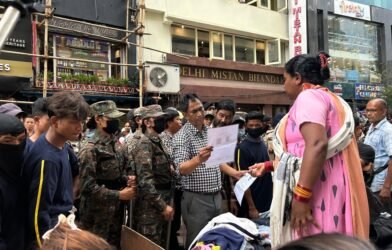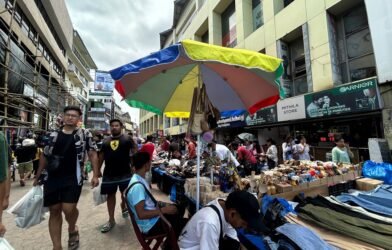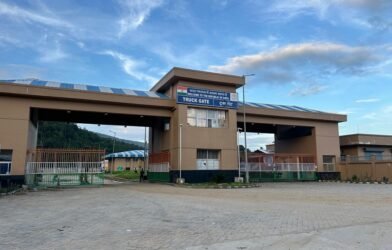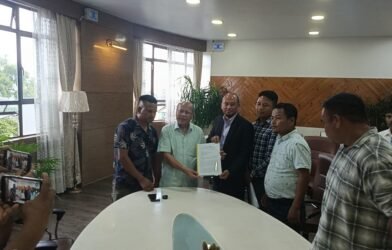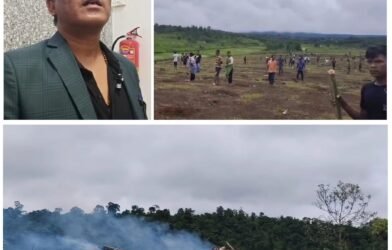Subtotal $0.00
Shillong, May 10: Thma U Rangli Juki (TUR) and muster roll workers have decided to demand for an inquiry into the alleged rampant corruption in the Sericulture department.
The decision was taken after a public hearing on the documents and information received through an RTI filed related to the wages and working conditions of the muster roll workers of the department, held in the city on Wednesday.
The analysis of the papers and sharing the findings was done by the muster roll workers themselves in the presence of two independent observers namely Patricia Mukhim, a noted columnist and Rev Nathan Diengdoh.
Officers and representatives from the Directorate of Sericulture were also present including the Deputy Director and Director Weaving, District Sericulture Officers and others.
The findings indicated rampant and blatant corruption in this department.
“At this hearing only the corruption in wages of the muster roll workers was established,” TUR leader Angela Rangad said.
“These findings will be submitted to the State Vigilance Commissioner with a demand for an inquiry,” she added.
She further informed that an Analysis in material procurements will most likely indicate an even larger scale of corruption which is the reason behind this sector and this department in the state running into shambles.
It may be mentioned here the workers who are spread across the state in different units such as the silkworm rearing farms, reeling and weaving units in Ri Bhoi , East khasi hills and Jaintia Hills have been laid off since 2015.
They (MRs) have been told that there were no funds for engaging them by the department.
After analyzing the records of the past 10 years, they were shocked to find pilferage amounting to lakhs of rupees drawn against their names even for months and years when they did not work.
According to them, payments were being made out to ghost workers including in the name of some of their school going children and inflated number of workers for these farms as opposed to the actual number of people who usually work.
Meanwhile, the workers are also demanding regularization of their work and improved working conditions which they feel is necessary for the very survival of this department.





